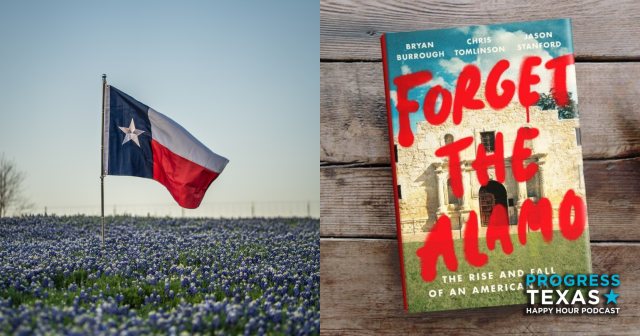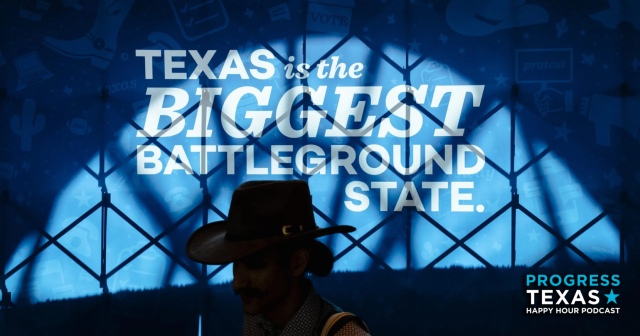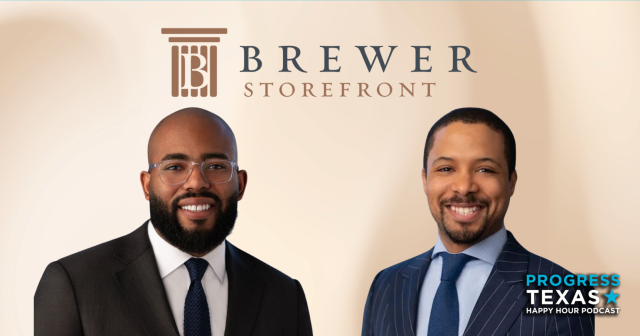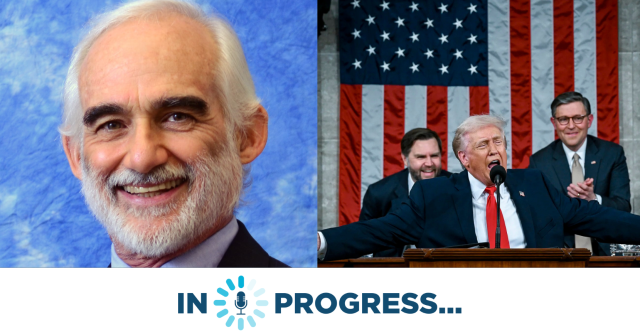SCOTUS Non-Decision on Obama’s Immigration Policies Shows Why Courts Matter
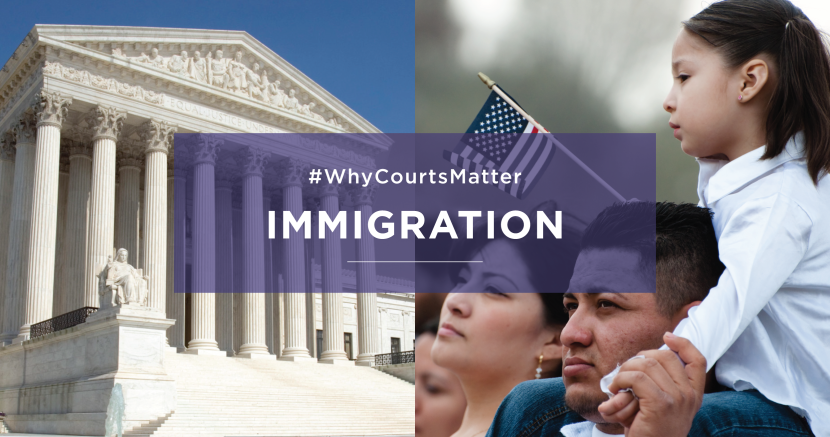
The Supreme Court was split 4-4 today on United States v. Texas, which means that millions of immigrant families are now living in uncertainty.
The court’s split decision highlights the need for Senate Republicans to do their jobs and confirm a justice to fill the Supreme Court’s ongoing vacancy.
These common-sense policies help keep families together, and enable law enforcement to focus on real public safety risks instead of targeting hard-working immigrants. But Texas and other states filed an ideologically-motivated lawsuit to block the implementation of the 2014 measures, and the federal Fifth Circuit court opted to put an injunction on the policies. Because the Supreme Court was deadlocked on this case, the Fifth Circuit court’s decision will stand.
The good news is that the original 2012 version of DACA remains intact, since it was not challenged in this case. However, because of the court’s inability to reach a clear decision, American children born to undocumented parents will continue to live in fear that their parents will be deported. This ruling affects approximately 600,000 Texans who would have been eligible for either DAPA or the DACA expansion.
Immigrant rights advocates will keep fighting for the dignity of undocumented Americans, and plan to bring this issue back to the courts when the Supreme Court once again has a full bench.
DONATE
Your donation supports our media and helps us keep it free of ads and paywalls.

